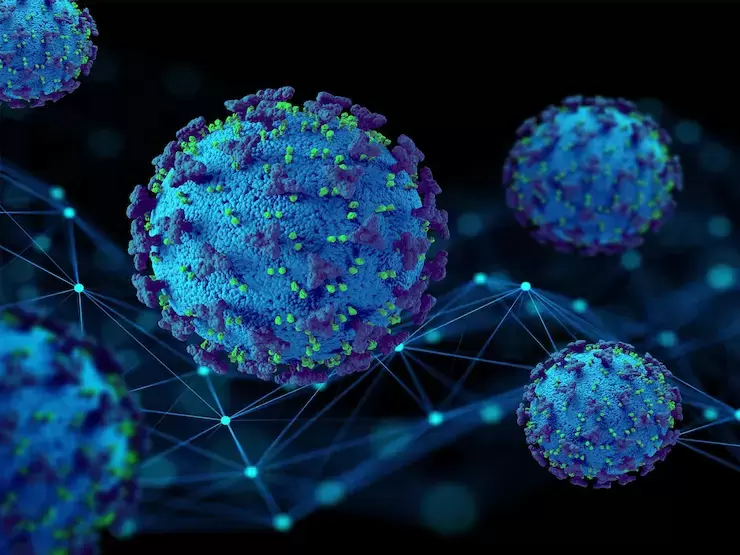Best Cannabis Conceierge in Sandiego 2023 – King King
king-admin
January 12, 2026

The medical potential of cannabis has been a subject of intense research and debate over the years. Among the numerous compounds found in the cannabis plant, delta-9-tetrahydrocannabinol (THC) has garnered significant attention for its potential therapeutic properties, particularly in relation to inhibiting tumor growth. This article delves into the intriguing mechanisms through which THC exerts its anticancer effects, shedding light on the promising research conducted in this field.

One of the key mechanisms by which THC inhibits tumor growth is by inducing apoptosis, which refers to programmed cell death. Studies have demonstrated that THC can trigger apoptosis in various types of cancer cells, including breast, lung, prostate, and pancreatic cancer cells. By promoting apoptosis, THC helps to eliminate cancer cells and prevents their uncontrolled proliferation.
Additionally, THC has been shown to disrupt the cell cycle progression of cancer cells. It inhibits the transition from the G1 phase to the S phase, effectively halting the growth and replication of malignant cells. This interference with the cell cycle provides further evidence of THC’s potential as an anticancer agent.

Angiogenesis, the process of forming new blood vessels, is critical for tumor growth and metastasis. THC has been found to possess anti-angiogenic properties, impeding the formation of new blood vessels that supply nutrients to tumors. By limiting the blood supply to cancerous growths, THC hampers their ability to thrive and spread to other parts of the body.
Anti-inflammatory and Immune Modulatory Effects:
THC exhibits notable anti-inflammatory properties, which are beneficial in the context of cancer. Chronic inflammation is closely linked to the development and progression of various types of cancer. By reducing inflammation, THC creates an unfavorable environment for tumor growth.
Moreover, THC interacts with the immune system, modulating its response to cancer cells. Studies have shown that THC can enhance the activity of certain immune cells, such as natural killer cells, that play a pivotal role in detecting and destroying cancer cells. This immune modulation can aid in bolstering the body’s natural defenses against cancer.
There have been few clinical trials using cannabis as a medicine. Although isolated THC and CBD medications are licensed and authorized, the use of cannabis as a treatment for any medical condition has not received FDA approval in the United States. Researchers must submit an Investigational New Drug (IND) application to the FDA, secure a license from the U.S. Drug Enforcement Administration, and receive clearance from the National Institute on Drug Abuse to perform clinical drug research with botanical cannabis in the United States.
In the 2018 United States Farm Bill, cultivars of the Cannabis genus with a THC content of less than 0.3% are referred to as “hemp.” Hemp seed oil is an edible fatty oil that is largely cannabinoid-free, whereas hemp oil or CBD oil are products made from extracts of industrial hemp (i.e., low-THC cannabis cultivars) (see Table). Some treatments, which are widely accessible as oral and topical tinctures or other formulations and frequently promoted for pain management and other uses, contain additional plant extracts and/or over-the-counter analgesics. Less than 0.3% of delta-9-THC in hemp products makes them exempt from the schedule of controlled substances and in compliance with the Farm Bill. CBD, on the other hand, is a regulated drug, even if hemp is not.

The mechanisms through which THC inhibits tumor growth are multifaceted and hold immense promise for future cancer therapies. Its ability to induce apoptosis, disrupt the cell cycle, inhibit angiogenesis, reduce inflammation, and modulate the immune system showcases its potential as a potent anticancer agent. However, it is crucial